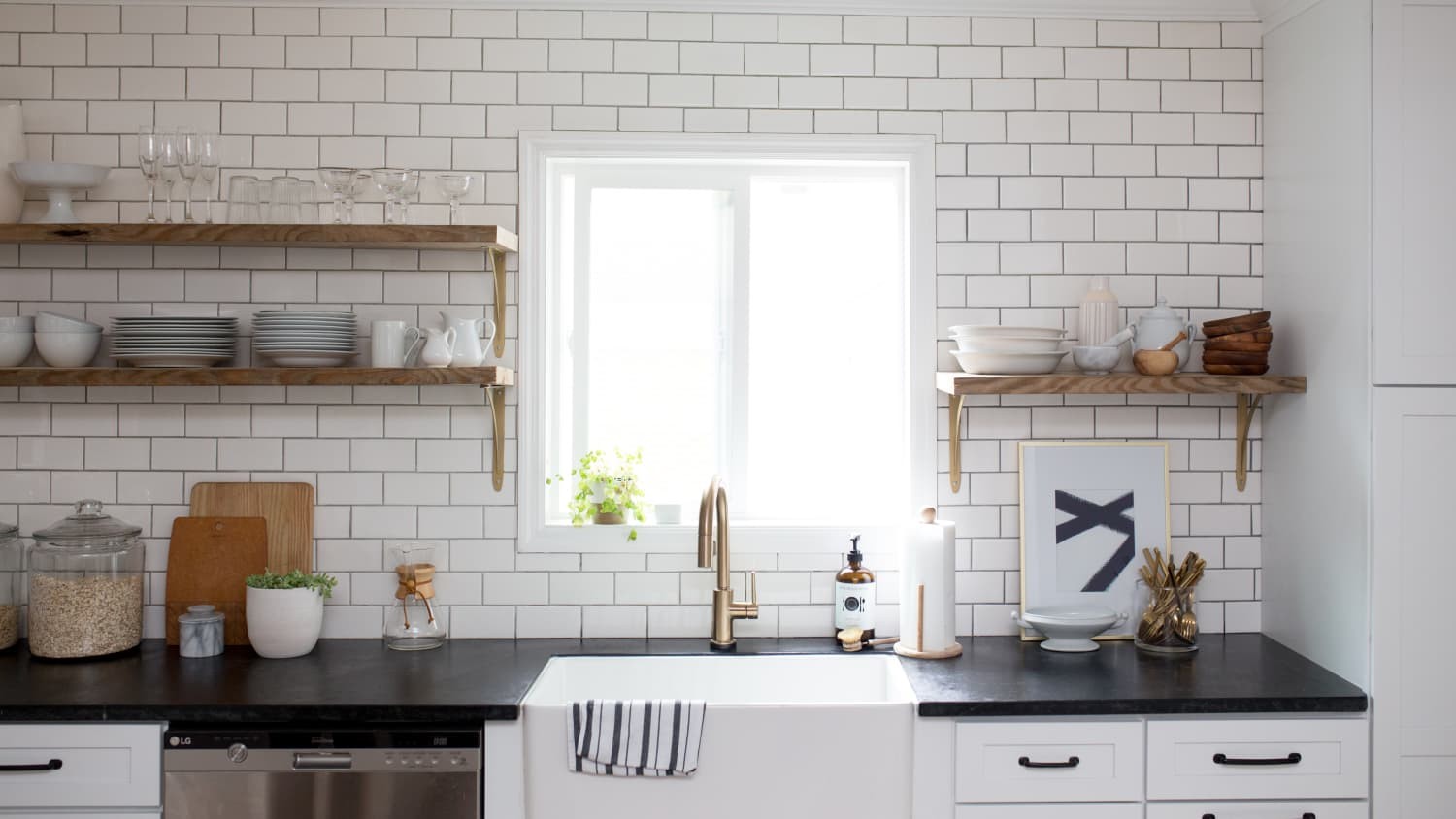
Home remodeling is not just about enhancing the aesthetics of your space; it’s an investment that can significantly boost the value of your property. Understanding this value is the first step in approaching a renovation project wisely. It’s about identifying which upgrades will yield the best returns and how they can improve your day-to-day living experience. Whether it’s updating a kitchen or expanding a living room, each change should be measured not just by its immediate gratification but also by its long-term benefits.
Balancing budget with aesthetics requires a strategic approach to home remodeling los angeles. It’s easy to be swayed by trendy designs or luxurious materials, but a disciplined budgeting plan ensures you don’t overspend for the sake of style. Instead, smart choices in materials and design can achieve a similar level of sophistication without breaking the bank. Setting realistic goals is equally essential. A clear vision that aligns with your financial boundaries sets the stage for a remodeling project that is both attainable and satisfying. By adhering to these principles, homeowners can navigate the complexities of renovation with confidence and control.
Planning and Budgeting Strategies
Prioritizing Remodeling Projects
When it comes to home renovations, strategizing which projects to tackle first can lead to significant cost savings. Begin by assessing which remodels add the most value to your home, such as kitchen updates or an additional bathroom. Address urgent repairs that prevent further damage, like a leaky roof, before cosmetic changes. By prioritizing, you’ll ensure your budget is allocated to areas with the greatest return on investment.
Finding the Right Time for Renovations
Timing can be everything with home renovations. Winter months often yield lower prices from contractors with less work during the off-season. However, weather-sensitive projects are better suited for warmer seasons. Always consider the seasonality of sales on appliances and materials to save money, and plan your remodel around these periods for the best deals.
Smart Financing and Budget Management
Innovative financing means researching all available options before diving into renovations. A home equity line of credit may offer lower interest rates, while zero-interest credit cards can be a short-term solution for immediate expenses. Always create a detailed budget, accounting for unexpected costs, and stick to it. Using spreadsheets or budgeting apps can help keep you on track financially throughout the renovation process.
DIY Tips for the Handy Homeowner
Essential DIY Skills for Cost-Effective Remodeling
Homeowners can save a bundle by acquiring fundamental DIY essentials. Painting, basic plumbing, and simple electrical work can be done without hiring professionals. Online tutorials, community workshops, and library resources can be invaluable in building these competencies. Always invest in good-quality tools—they’re the foundation that can make or break a project.
Sourcing Affordable Materials
Cut kitchen remodeling los angeles costs by sourcing materials creatively. Reclaimed wood, leftover tiles, and lightly used fixtures can be found at salvage yards, online marketplaces, or local community exchanges. These materials often come with character and a much lower price tag. Always compare prices and consider the long-term durability of materials to ensure savings don’t translate to more costs down the line.
Step-by-Step Guides for Common Home Improvements
Having a step-by-step guide for expected home improvements can empower homeowners to take on projects with confidence. Whether installing a new backsplash, laying down laminate flooring, or updating fixtures, clear instructions demystify the process. Utilize reputable DIY websites, borrow home improvement books, or even attend a class at a local hardware store to build your knowledge base and skill set.
Hiring Professionals Without Breaking the Bank
When to DIY vs. When to Hire a Pro
Knowing when to tackle a project or call in a professional can save you money without compromising quality. For tasks like painting or minor installations, DIY can be a smart move. However, complex jobs like electrical work or plumbing typically demand a professional’s touch. Weigh the potential savings against the risks and long-term costs of DIY mistakes before choosing.
Tips for Negotiating with Contractors
Approach contractor negotiations with clarity and confidence. Begin by obtaining multiple bids to understand the market rate. Consider your budget constraints, as most professionals are open to negotiation. A clear scope of work prevents misunderstandings, and setting payment milestones linked to progress ensures fairness for both parties. Remember, respect and honesty in negotiations pave the way for better deals.
Understanding Quotes and Avoiding Hidden Costs
Interpreting quotes accurately is key to avoiding surprise expenses. Request a detailed quote that breaks down the costs of materials, labor, and potential extras. Ask questions about unclear charges and confirm if the quote is an estimate or a fixed price. A clear contract that outlines what’s included, payment terms, and how unforeseen costs are handled protects you from hidden fees.
Long-Term Savings Through Energy Efficiency
Upgrades That Cut Utility Costs
Investing in energy-efficient upgrades can significantly reduce your utility bills. Consider LED lighting, programmable thermostats, and high-efficiency appliances. Insulation and window upgrades can also prevent energy leaks. Although there’s an upfront cost, the reductions in your monthly bills will add considerable savings over time.
Eco-Friendly Materials That Save Money Over Time
Choosing eco-friendly materials can lead to savings down the line. Bamboo flooring, recycled glass countertops, and low-VOC paints contribute to healthier living spaces and lower maintenance costs. These sustainable options often have longer life spans and can reduce your home’s environmental footprint, making them wise investments.
Tax Credits and Rebates for Green Remodeling Choices
Leverage tax credits and rebates to make green remodeling more affordable. Many local and federal programs offer financial incentives for energy-efficient home improvements. From solar panel installations to energy-conserving appliances, these incentives can reduce your initial outlay. Before starting your project, research available offers to maximize your savings.
Embarking on a home remodeling journey can be cost-effective with strategic planning and savvy decisions. From prioritizing high-return projects to mastering DIY tasks and harnessing energy efficiency, every step can contribute to significant savings. The key lies in balancing practicality with your vision, ensuring that today’s investments translate into long-term benefits. Smart renovation is not just about instant upgrades but creating a home that’s both beautiful and budget-friendly.








